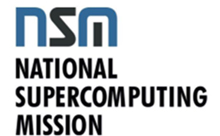Overview of the Conference
The workshop will provide hands-on training to gain skills in the calculation of the Quantum mechanics/Machine Learning approach which will help to predict the electrocatalyst for various reactions.
The mammoth task is to find a suitable low-dimensional electrocatalyst for the catalytic reactions considering various structural and secondary parameters. The descriptor theory can help to find the electrocatalyst to define various reactions in a more logical and faster way. For this, quantum mechanics-based calculations (Density Functional Theory - DFT) can help in finding more accurate descriptors to predict the best catalyst. Again, the challenge will be to define a suitable descriptor for low-dimensional catalysts as the sites are electronically different from their bulk form. The next step is to use such descriptors as features in the machine learning approach, which can help for further prediction of catalyst without doing much density functional theory-based calculation.
Topics to be Covered
Tutors
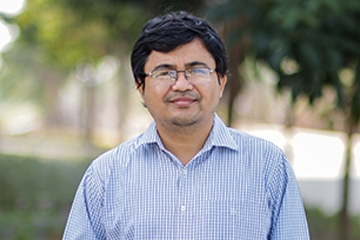
Prof. Ranjit Thapa
Email ID: ranjit.t@srmap.edu.in
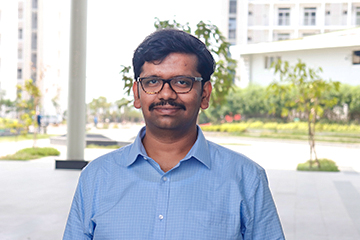
Dr Soumyajyoti Biswas
Email ID: soumyajyoti.b@srmap.edu.in
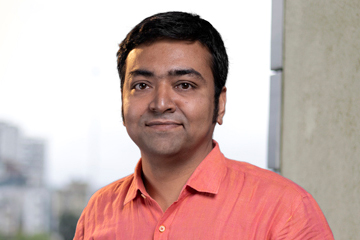
Dr Prasenjit Ghosh
Email ID: pghosh@iiserpune.ac.in
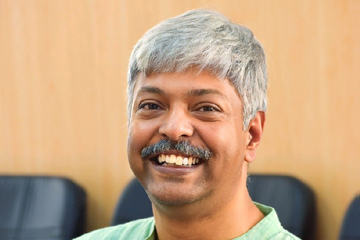
Prof. Anirban Chakraborti
Email ID: anirban@jnu.ac.in
Professor, School of Computational and Integrative Sciences, Jawaharlal Nehru University, New Delhi
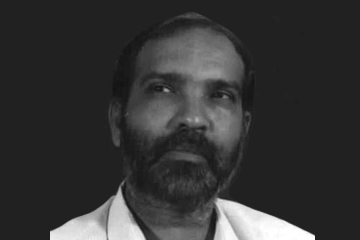
Prof. Dilip Govind Kanhere
Email ID: dgkanhere@gmail.com
Professor, Savitribai Phule Pune University
Announcements
- Travel allowance (Only AC 3 Tier Train/Bus, to and fro) will be provided to the selected participants.
- Accommodation will be provided for the selected participants.
- Nominal Registration fees include Food from February 17-21, 2024, attendance of lecture and hands-on session, Registration kits and workshop materials.
- Certificate will be provided by National Supercomputer Mission and SRM University-AP
- Limited Seats – 40 Only
- The same participants can continue to join the 3rd International Conference on Materials Genome (ICMG-III). Register at https://srmap.edu.in/icmgiii-2024/
Important Dates
| Dates of the workshop | February 18-20, 2024 |
| Last date for Registration | December 30, 2023 |
Contact Us
Ms Sirisha Yadlapalli
E-mail: conf.icmg@srmap.edu.in
Tel: +91 9885899056
Prof. Ranjit Thapa
E-mail: ranjit.t@srmap.edu.in
Tel: +91 8145777635
Sponsored by
National Supercomputing Mission
